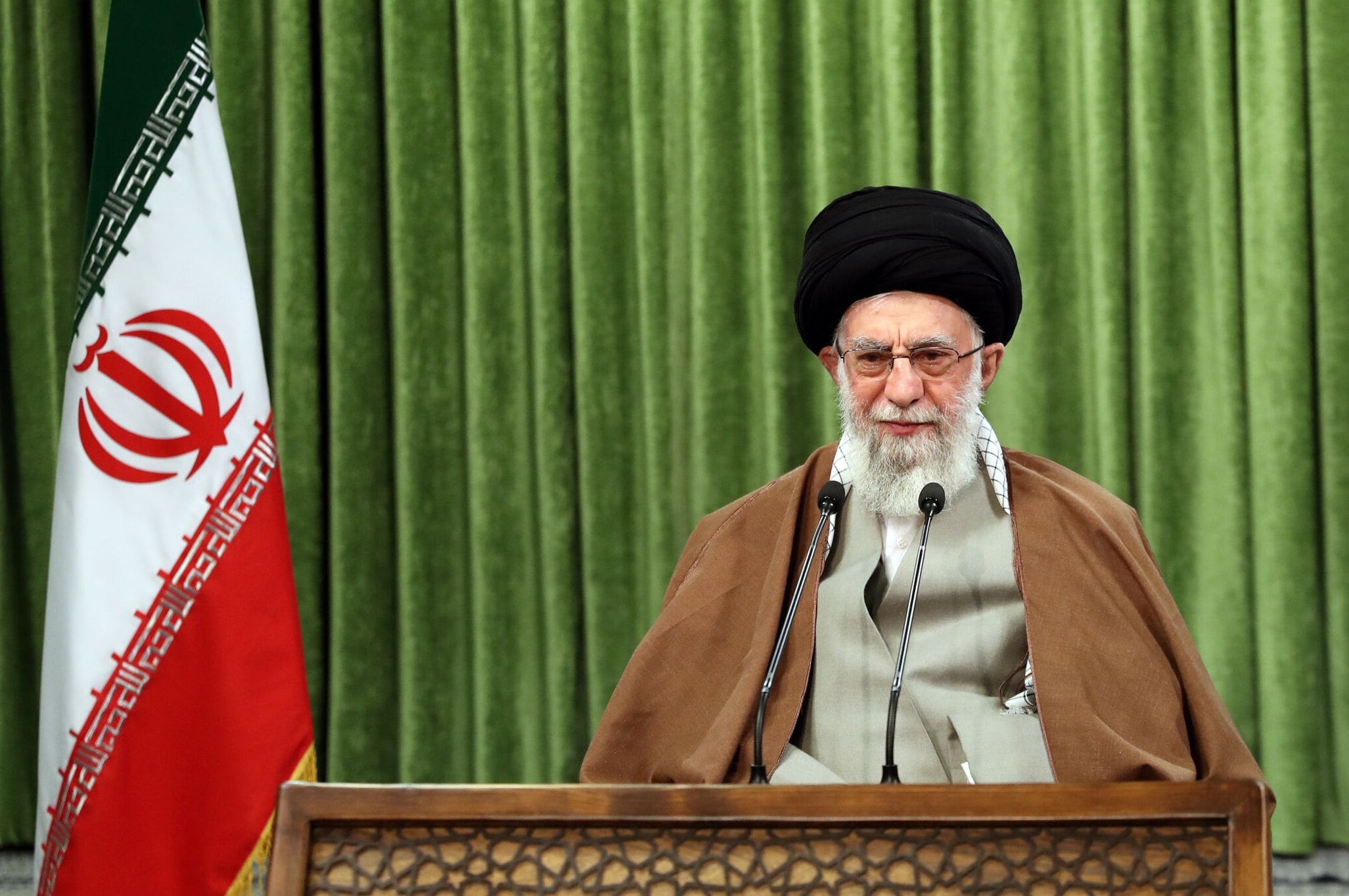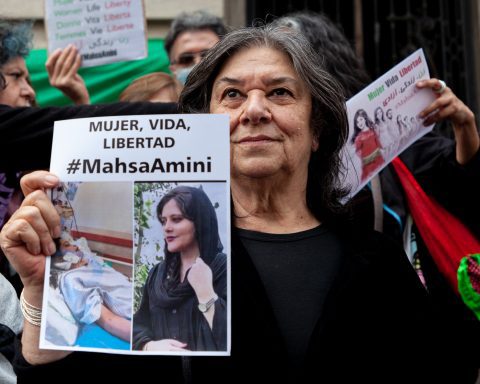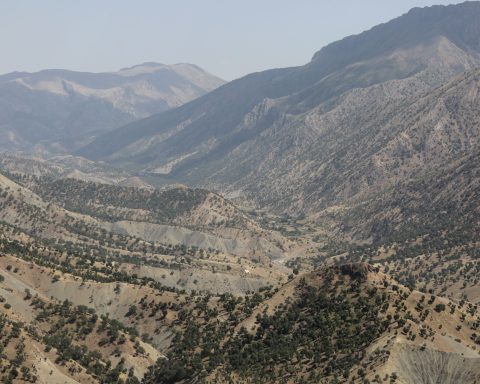On Thursday, Iran’s Supreme Leader Ayatollah Ali Khamenei appointed hardline cleric Gholam Hossein Mohseni Ejei as the new head of the judiciary. Being a member of the judiciary for a long-time, Ejei is expected to assume his new post after Ebrahim Raisi, who won the June 18 elections, took office early August.
Gholam Hossein Mohseni Ejei also served as the intelligence minister between 2005 and 2009.
In a statement issued by the state news agency, Supreme Leader Khamenei prescribed Mohsen Ejei to “promote justice, restore public rights, ensure legitimate freedoms, and oversee the proper implementation of laws, prevent crime, and resolutely fight corruption.”
On the other hand, Mohsen Ejei’s appointment came as Tehran faces heavy critics from Western human rights groups and international organizations over the election of Raisi as the new president of the Islamic Republic. Raisi is accused of committing numerous human rights violations in his judicial career, which he insistently denies.
Recently, the UN investigator on human rights in Iran, Javaid Rehman, called for an independent probe for allegations about executions of thousands of political prisoners in 1988 and Raisi’s role in these executions as a then-deputy prosecutor.
Indicating that his office has collected testimonies and evidence as a result of the years-long intensive inquiry, Rehman said that he is ready to share them in case the UN Human Rights Council or other bodies launch an investigation.
In his interview given to Reuters, Rehman also added that “As I have described in my reports, there is a widespread and systemic impunity in the country for gross violations of human rights, both historically in the past as well as in the present.”
Last month, Amnesty International and Human Rights Watch also criticized his election, saying, “Raisi’s election was a blow for human rights,” and demanded an independent investigation of his role in the 1988 executions.














